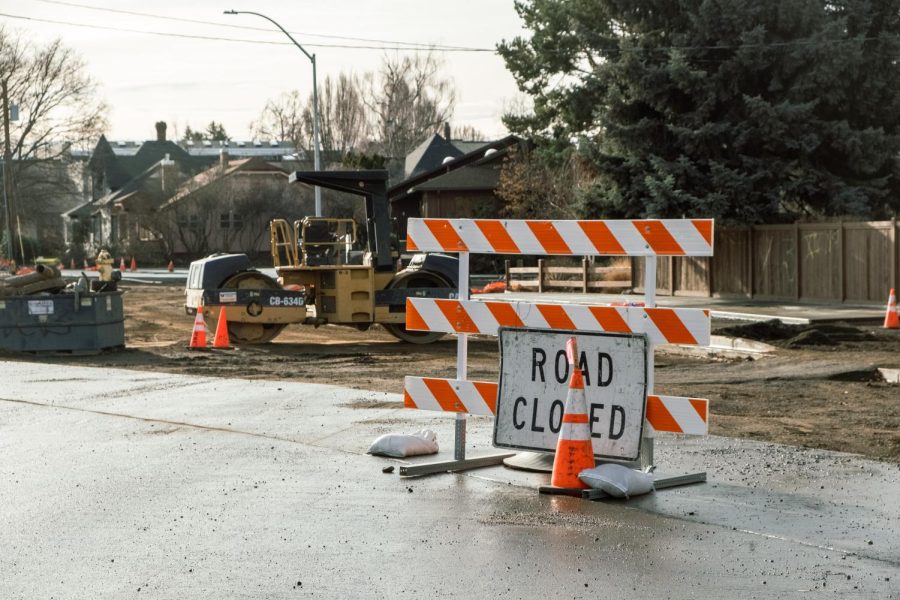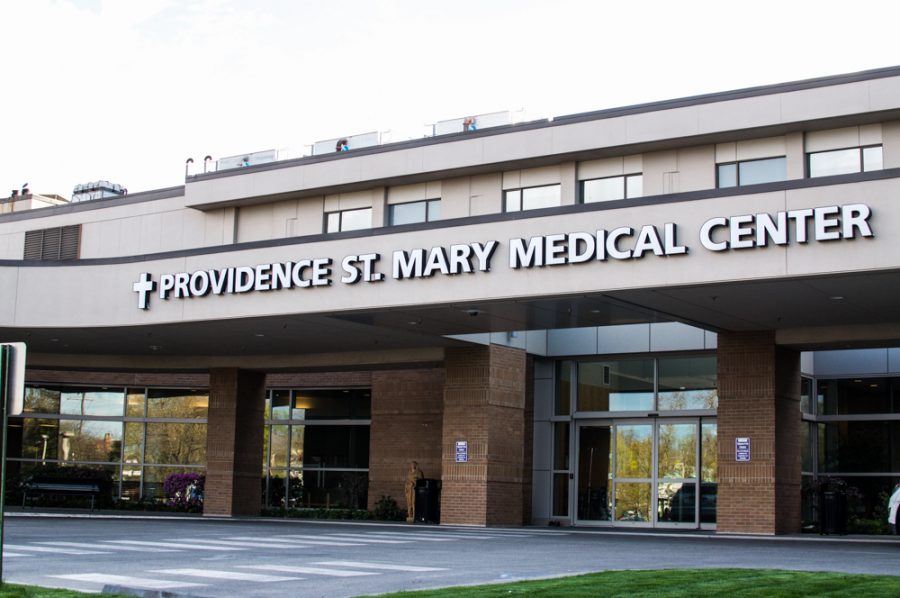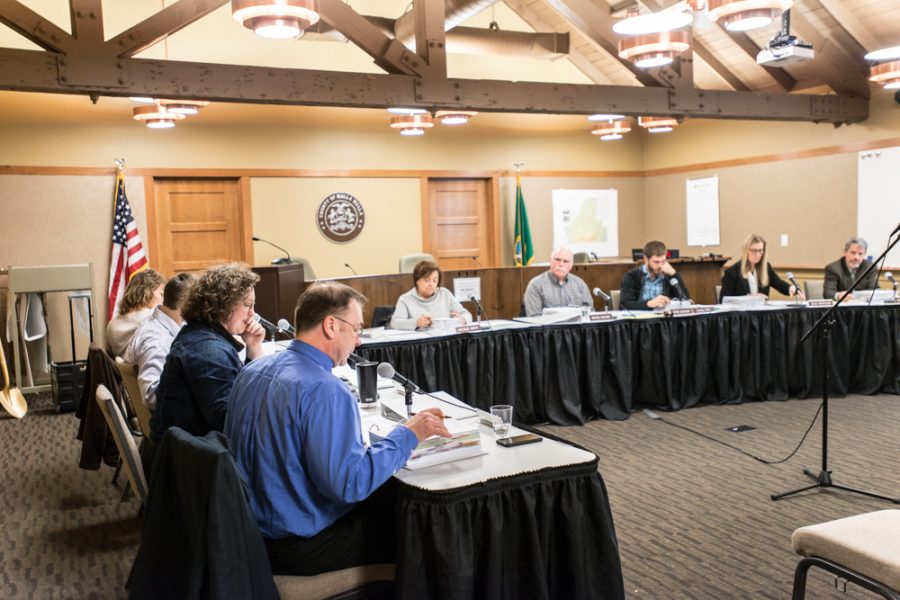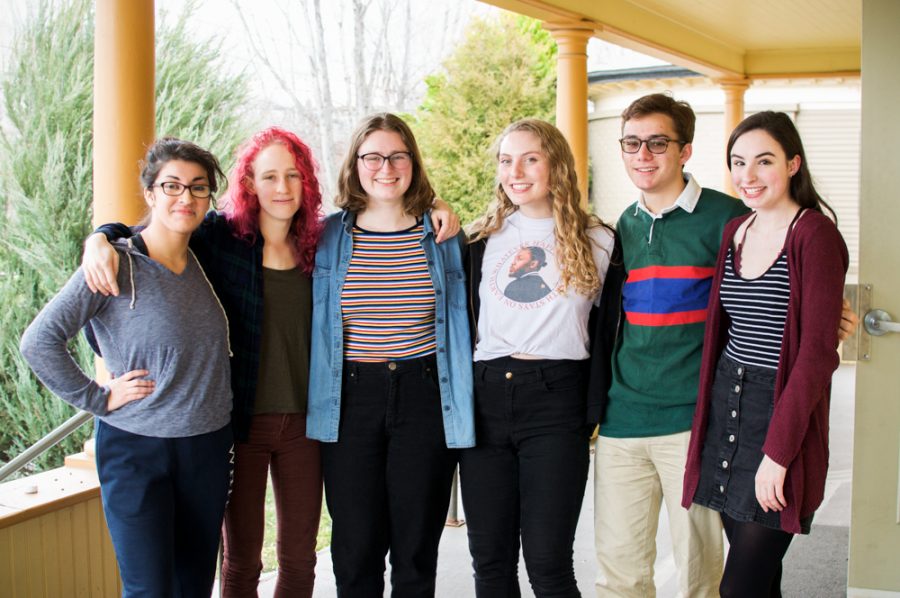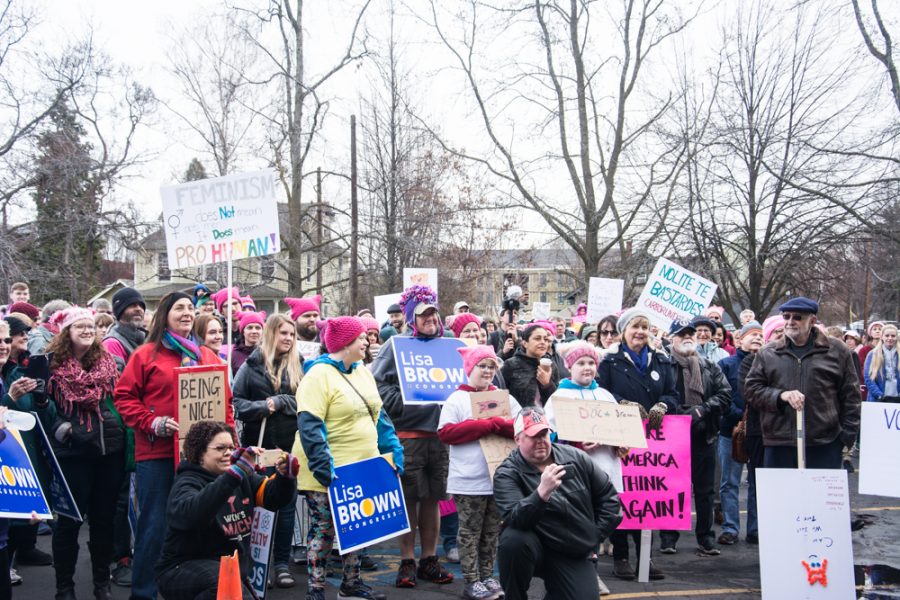
In the face of cold temperatures and heavy snowfall earlier this winter, homeless men and women in Walla Walla found themselves well cared for. Volunteers and community leaders converted the First Congregational Church on Palouse Avenue into an emergency warming center for the city’s homeless. The center provided warm cots to those who could not or preferred not to sleep in Walla Walla’s existing shelters.
The warming center opened twice this winter: once in early December during a cold spell with temperatures as low as 4 degrees Fahrenheit, and once in late January, when snow blanketed the town, leaving outdoor sleeping spots unusable.
Walla Walla has its share of homelessness. In January 2013, a survey by the Department of Human Services known as a point-in-time count estimated that 400 homeless people lived in Walla Walla. Approximately 68 percent lived temporarily with family or friends, while approximately 18 percent stayed outdoors, in cars or in emergency shelters the night before the count. Many of these men and women either cannot or choose not to find room in Walla Walla’s homeless shelters. The group that constructed the warming center sought to take those holdouts out of the cold.
The Walla Walla Council on Homelessness, a collection of leaders in religious, government, social services, business and law enforcement capacities dedicated to improving the station of Walla Walla’s homeless, led the charge to establish the warming center. The council first addressed the issue of low temperatures following a question from Walla Walla Union Bulletin reporter Sheila Hagar in December.
“[Hagar] started calling people and saying ‘Hey, what’s the plan?’ And we kind of looked at it and started saying, ‘Yeah, what is the plan?'”said Walla Walla Council on Homelessness Chairman and Assistant Dean for the Student Engagement Noah Leavitt.
The plan, a temporary emergency center at the First Congregational Church, came to fruition in 24 hours with the aid of the Walla Walla County Emergency Management Department and the Red Cross and stayed open for three nights.
“We really had a need for a broad-based community plan for sheltering, and nothing had materialized at that point,” said Contracts and Program Manager for the Walla Walla Department of Human Services Debbie Dumont. “So we pulled together … a plan.”

When January’s snowfall came, proponents of the center were ready. After meteorologists forecasted snow, discussions of reopening the shelter began at the Council on Homelessness event, Invisible Walla Walla. This time, the First Congregational Church initiated the push toward reopening the shelter.
This second round involved members of all the groups involved in the first initiative as well as a group of volunteers, many of them Whitman students involved with United Way of Walla Walla County. Rev. Adam Kirtley, minister at the First Congregational Church and coordinator of spiritual and religious life at Whitman, played a part in bringing many of those volunteers in. He credits the community’s spirit with the center’s success.
“The Walla Walla community, generally, seems quite supportive, and it is humbling to witness first hand the generosity of folks,” Kirtley said. “The center was staffed by some incredibly kind folks, several of whom were willing to forgo a night of sleep in order to make sure that it could be staffed.”
Senior Mares Asfaha, social media intern at Helpline Walla Walla, worked on a campaign to raise awareness about the center and about homelessness in general. The campaign comprised a media blitz of sorts, including flyers, newspaper articles, announcements on the radio and social media updates.
“The first time … they figured everything out the day before, and we’re not sure how many homeless people did know about it,” Asfaha said. “This time, we got the word out, so that helped a lot.”
Now that the weather has cleared up, there’s no guarantee that the center will return in the future. The council has begun discussing possibilities, but Walla Walla will have to wait a while for a more permanent shelter. Meanwhile, a number of other organizations already provide shelters for the county’s homeless. These include the Christian Aid Center, the YWCA and the STEP Women’s Shelter.
For the time being, the danger has passed and the homeless can sleep a little easier thanks to the work of the community.
“I just think it’s really great that everyone banded together to get this set up,” Asfaha said.+


